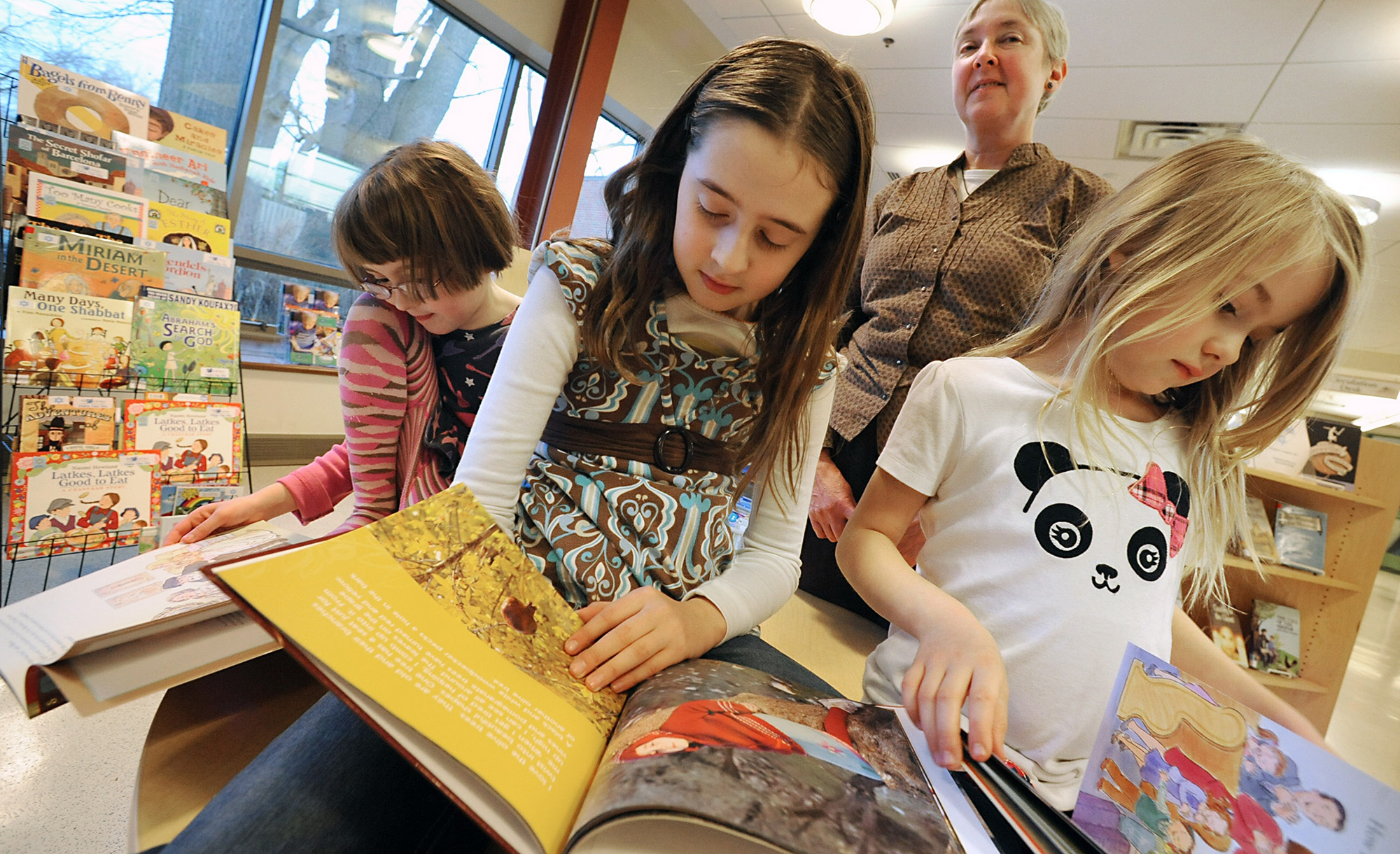Podcast: Timothy Carney
In 21st-century America, the formation of families has become less common, and when people do get married and have children, they have fewer of them. According to demographers, for a population to reproduce itself, each family in it must on average produce at least 2.1 children. Americans are now reproducing at well below that number, a trend that comes with economic, social, political, spiritual, and moral consequences.
It’s possible that government initiatives and financial incentives can encourage this number to rise. But in general there are mixed results when governments try to incentivize childbirth. This may be a sign that the forces undermining family formation are not primarily legal or economic, and that they are instead cultural attitudes and norms of behavior.
That possibility is what today’s podcast guest, Timothy Carney, addresses in a new book, Family Unfriendly: How Our Culture Made Raising Kids Much Harder Than It Needs to Be. In looking for examples of communities that have developed healthy family cultures, his reporting took him to an Orthodox suburb of Washington, DC, where he spent Purim and Shabbat, and to Israel.
Musical selections in this podcast are drawn from the Quintet for Clarinet and Strings, op. 31a, composed by Paul Ben-Haim and performed by the ARC Ensemble.
More about: Politics & Current Affairs







